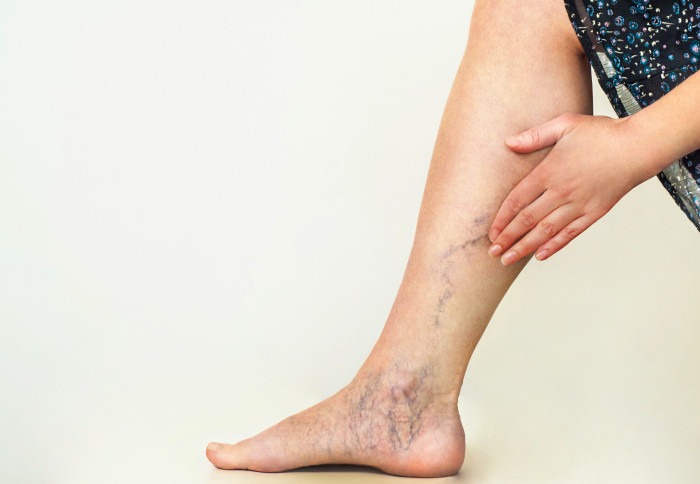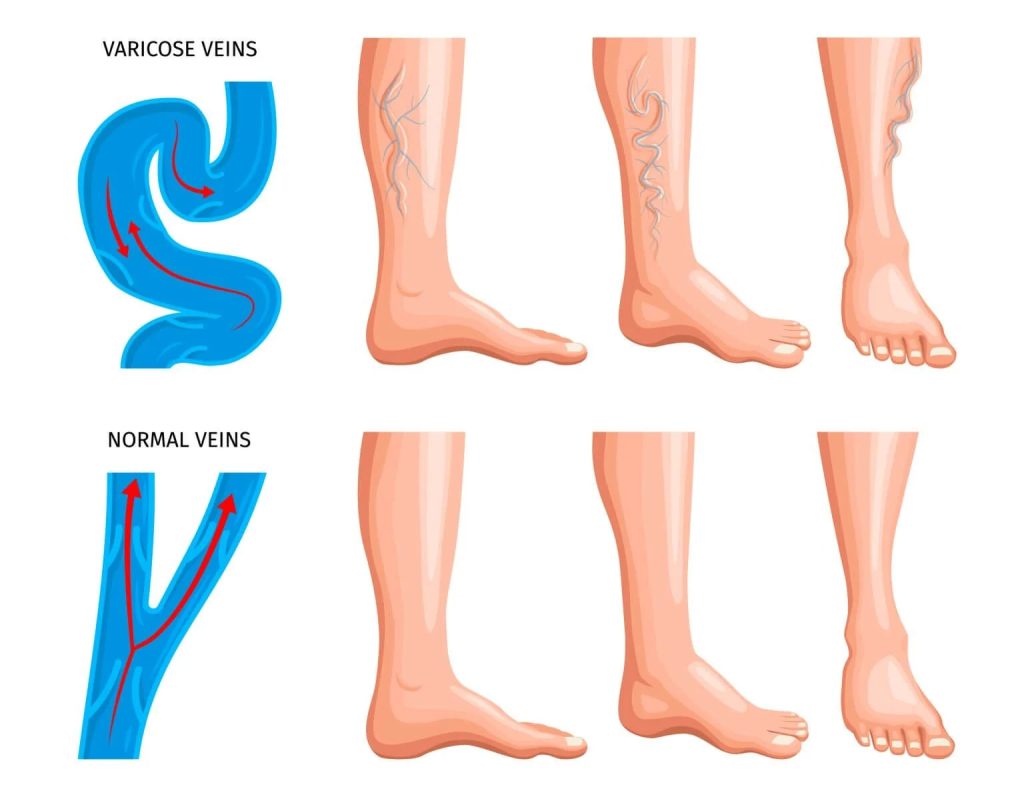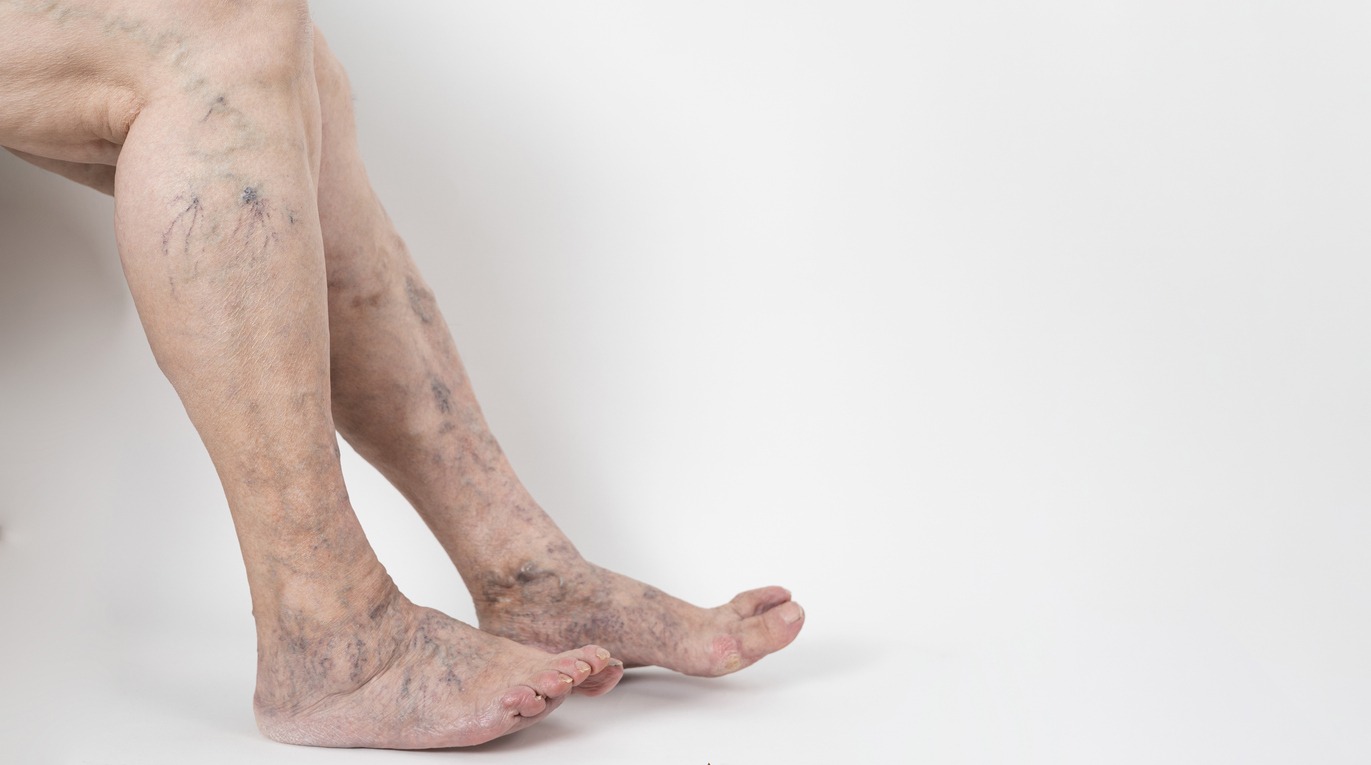Varicose veins are a common medical condition affecting millions of people worldwide. Many patients experiencing the discomfort and aesthetic concerns associated with varicose veins seek specialized medical attention. However, one question that often arises is whether a neurosurgeon is the appropriate specialist to treat this condition. In this article, we explore the role of neurosurgeons in treating varicose veins, the specialists best suited for vein disorders, and the most effective treatments available.
Understanding Varicose Veins
Varicose veins are enlarged, twisted veins that commonly appear on the legs and feet due to increased pressure in the veins. They occur when the valves in the veins fail, causing blood to pool instead of flowing efficiently back to the heart. This condition can lead to pain, swelling, skin discoloration, and ulcers in severe cases.
The primary causes of varicose veins include:
- Genetic predisposition
- Prolonged standing or sitting
- Obesity
- Pregnancy
- Aging
What Does a Neurosurgeon Specialize In?
A neurosurgeon is a medical professional trained to diagnose and treat conditions related to the brain, spine, and nervous system. Neurosurgeons handle complex surgical procedures such as:
- Brain tumor removal
- Spinal cord surgery
- Stroke treatment
- Herniated disc repair
- Traumatic brain injuries
Since neurosurgeons primarily focus on disorders of the nervous system and spine, they do not specialize in treating varicose veins. Varicose veins are a vascular condition, meaning that they fall under the expertise of vascular specialists rather than neurosurgeons.

Which Doctors Treat Varicose Veins?
Several medical professionals specialize in the diagnosis and treatment of varicose veins. The most relevant specialists include:
1. Vascular Surgeons
Vascular surgeons are highly trained in treating vein and artery conditions. They perform surgical and minimally invasive procedures such as endovenous laser therapy (EVLT), sclerotherapy, and vein stripping to eliminate varicose veins effectively.
2. Phlebologists
A phlebologist is a vein specialist who focuses solely on diagnosing and treating vein diseases. They use non-invasive techniques such as ultrasound-guided sclerotherapy and radiofrequency ablation (RFA) to manage varicose veins.
3. Interventional Radiologists
Interventional radiologists use image-guided procedures to treat vein conditions. They specialize in minimally invasive varicose vein treatments like foam sclerotherapy and endovenous thermal ablation.
4. Dermatologists
Some dermatologists offer cosmetic vein treatments, particularly for smaller varicose veins or spider veins. They perform laser therapy and sclerotherapy to improve the skin’s appearance.
Treatment Options for Varicose Veins
The treatment of varicose veins depends on the severity of the condition. Some of the most effective and widely used treatments include:
1. Lifestyle Changes
For mild varicose veins, lifestyle modifications can help alleviate symptoms. These include:
- Exercise to improve circulation
- Elevating legs to reduce swelling
- Wearing compression stockings
- Maintaining a healthy weight
2. Sclerotherapy
Sclerotherapy is a non-surgical procedure where a special solution is injected into the affected veins, causing them to collapse and fade over time. This is a highly effective treatment for small to medium-sized varicose veins.
3. Endovenous Laser Therapy (EVLT)
EVLT uses laser energy to heat and close off varicose veins. This minimally invasive procedure is performed under local anesthesia and offers a quick recovery time.
4. Radiofrequency Ablation (RFA)
RFA is a similar procedure to EVLT, but instead of laser energy, it uses radiofrequency waves to seal off varicose veins. This technique is effective for treating larger varicose veins.
5. Vein Stripping Surgery
For severe cases, traditional vein stripping surgery may be necessary. This procedure involves removing the affected vein through small incisions. Although effective, it requires a longer recovery period compared to modern minimally invasive treatments.
6. Ambulatory Phlebectomy
This is a micro-surgical technique where small varicose veins are removed through tiny punctures in the skin. It is performed under local anesthesia and has minimal scarring.

Can Neurosurgeons Treat Varicose Veins?
Since varicose veins are a vascular condition, they fall outside the scope of a neurosurgeon’s expertise. Neurosurgeons do not specialize in vein-related diseases and are not involved in performing varicose vein treatments. Instead, vascular surgeons, phlebologists, and interventional radiologists are the preferred specialists for diagnosing and treating varicose veins effectively.
When to Seek Treatment for Varicose Veins
While varicose veins are often a cosmetic concern, they can lead to serious health issues if left untreated. Some warning signs that indicate the need for medical attention include:
- Severe pain or cramping in the legs
- Swelling, redness, or warmth around the veins
- Open sores or ulcers on the skin
- Bleeding from varicose veins
If you experience any of these symptoms, consult a vascular specialist to determine the best course of action.
Final Thoughts
While neurosurgeons play a crucial role in treating neurological and spinal disorders, they do not treat varicose veins. Patients experiencing varicose veins should seek help from vascular surgeons, phlebologists, or interventional radiologists who specialize in vein-related conditions. With advancements in minimally invasive techniques, there are now effective and safe treatment options available to alleviate discomfort and improve vascular health.



